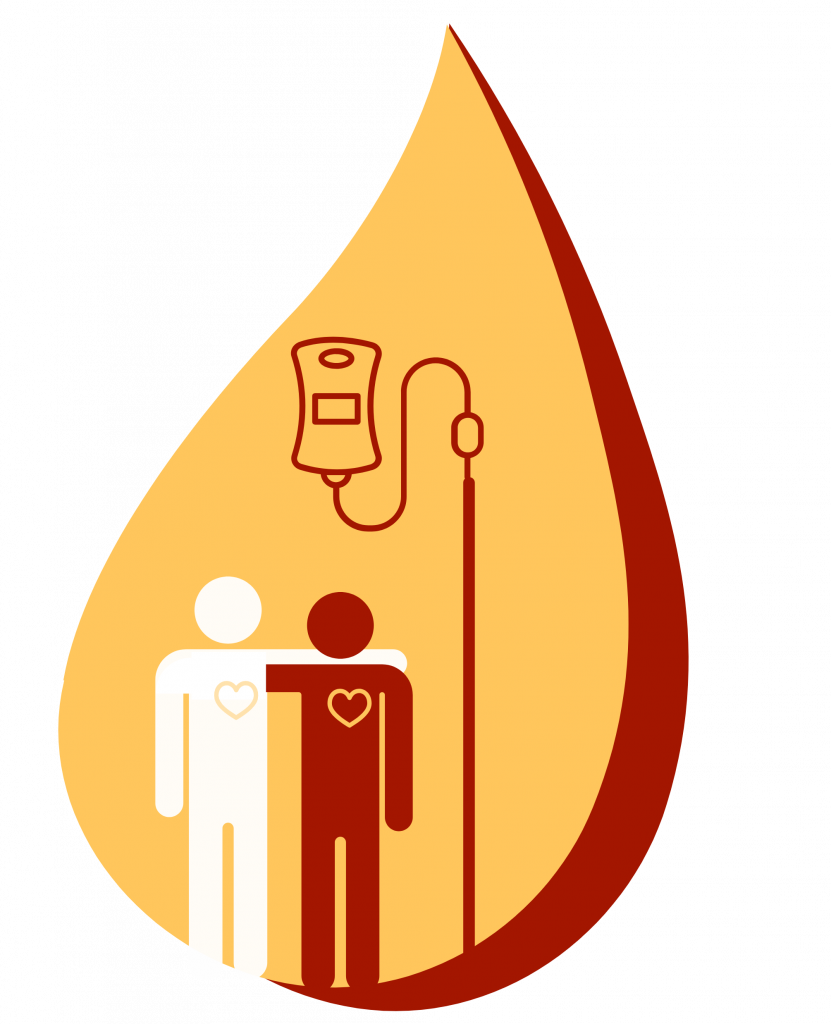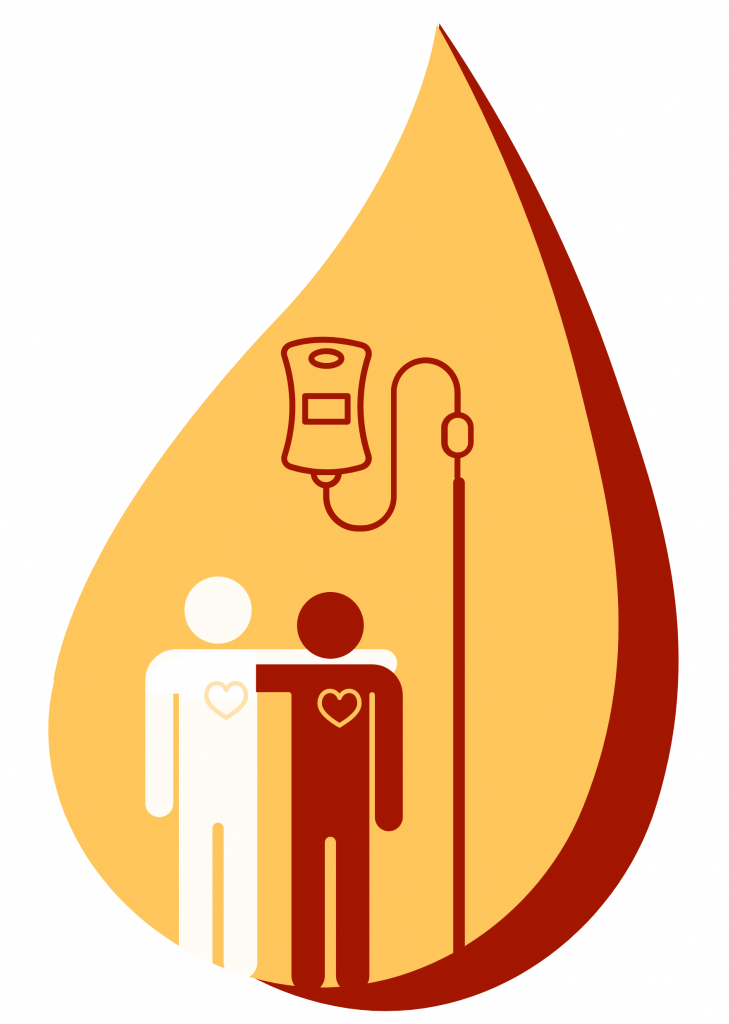Home
A Note About Language
We acknowledge that people use different terms to describe their sexual orientation and gender identity. Although we use various terms to be as inclusive as possible, we are always learning and improving. We have used terms like “gay, bisexual and queer men” for brevity throughout this website. However, we acknowledge that this does not capture the many beautiful and diverse identities of people who have been affected by the blood ban. We include cis and trans men, including AFAB and AMAB terms as appropriate. Language is imperfect and not all people will see themselves reflected in the terms that we use. For this we are sorry. Learn more about our processes.
As of September 2021, sexually active gay, bisexual and queer men [hover over – Canadian Blood Services defines “man” as sex assigned at birth, unless it has been at least 3 months since lower gender-affirming surgery”] who have one partner only (exclusively) can donate plasma [hover over definition: The yellowish liquid portion of your blood that contains enzymes, antibodies, and other proteins. It makes up about 55% of your blood] at 2 centres: one in London, Ontario and one in Calgary, Alberta.
Find out more about who can and cannot donate here.
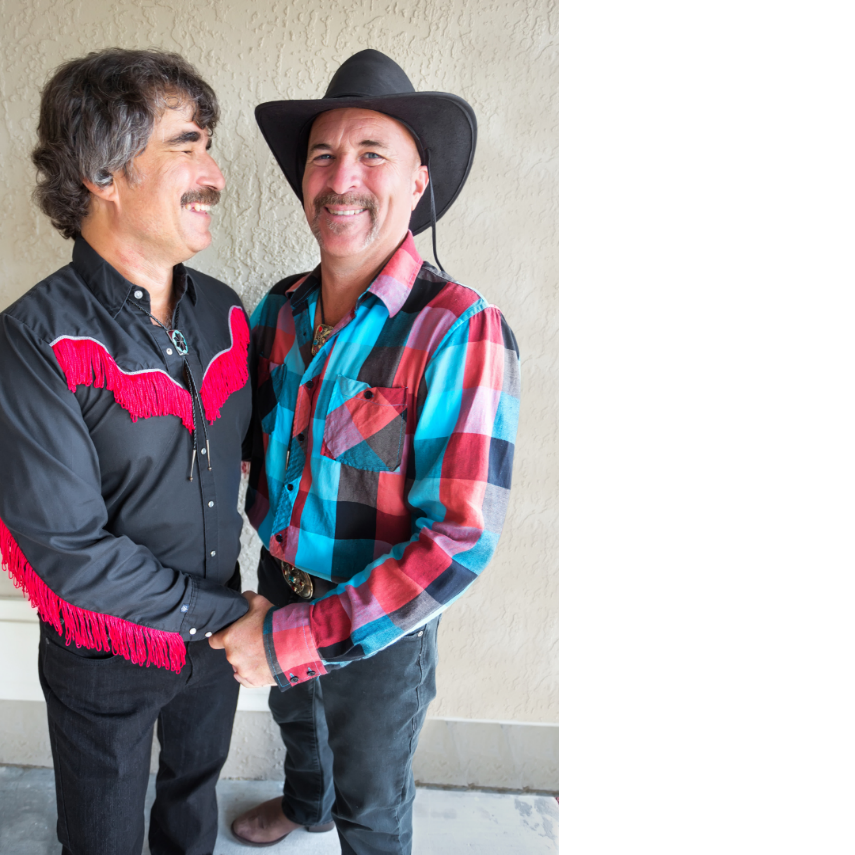
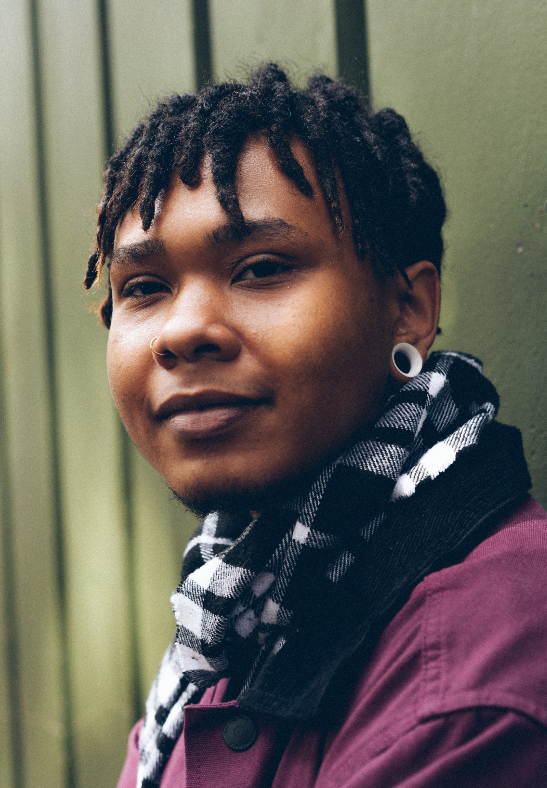
There shouldn’t be a separate set of rules for people from the 2SLGBT+ communities. But, since there are, we have committed to providing practical info on eligibility and what screening looks like for lots of folks – including gay, bi and all men who have sex with men, trans, nonbinary, gender diverse, and intersex folks, and people who use PrEP/PEP.
Understandably, you may be a bit nervous if you haven’t donated before (or if it’s been a hot minute). We’ll walk you through the process and give you some details to help you feel ready and comfortable before going into the Donation Centre.
Click here to watch newly eligible guys donate plasma.


You might be wondering “What even is plasma?!” Most Canadians don’t know about the need for plasma donation because donation campaigns seem to be all about blood. Our research team has been learning how important and needed plasma is. The donor centre staff don’t call it liquid gold for nothing!
You probably already know about the blood ban in Canada but if you want some background info, check out this section.
We know the plasma program still excludes a lot of people from donating in London, Calgary, and elsewhere. Canadian Blood Services is working towards making the rules the same for all donors – and our research team is contributing to making that happen.
Learn more about the past, present, and future of these policies.
We’ve also created a detailed timeline. Check it out to find out more about the history of blood donation, the tainted blood scandal and the blood ban in Canada, and how historic activism efforts by LGBT2Q+ groups have promoted change over time.
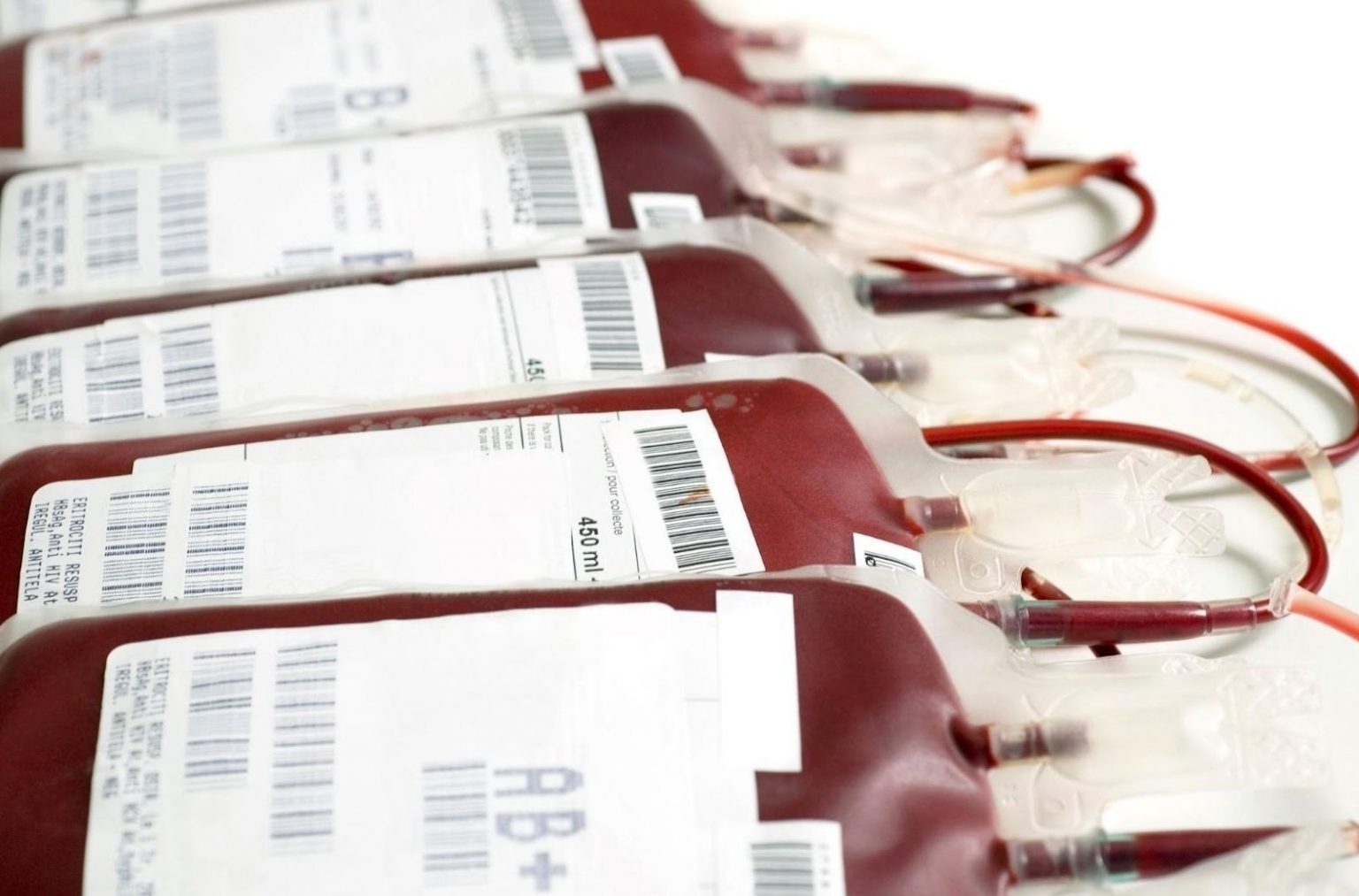
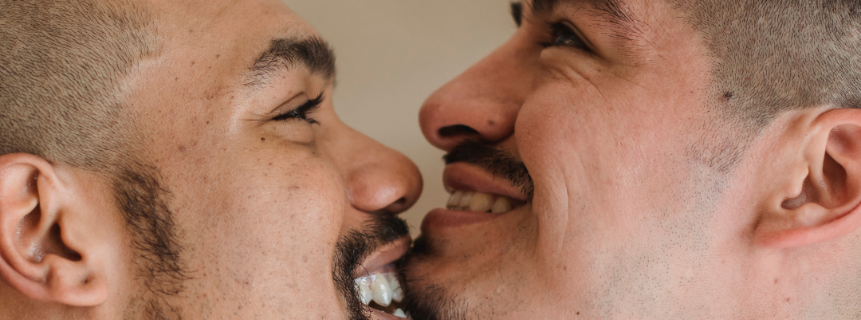
You’ve got lots of questions and we’ve got answers! Our research team has pulled together answers to many of the questions that we’ve been asked and wondered ourselves.
Whose webpage is this? We are a group made up of university-based researchers and staff, members of the community, and members of Canadian Blood Services who strive to advance donation policies. We believe gay, bi, queer and men who have sex with men have been unfairly stigmatized within the blood system. We wanted to hear how this exclusion has impacted the lives of gbMSM. Through surveys, interviews, and local advisory groups, our research has been informed by the community and is meant for the community. Click here to read more about the Expanding Plasma Donation in Canada study.
